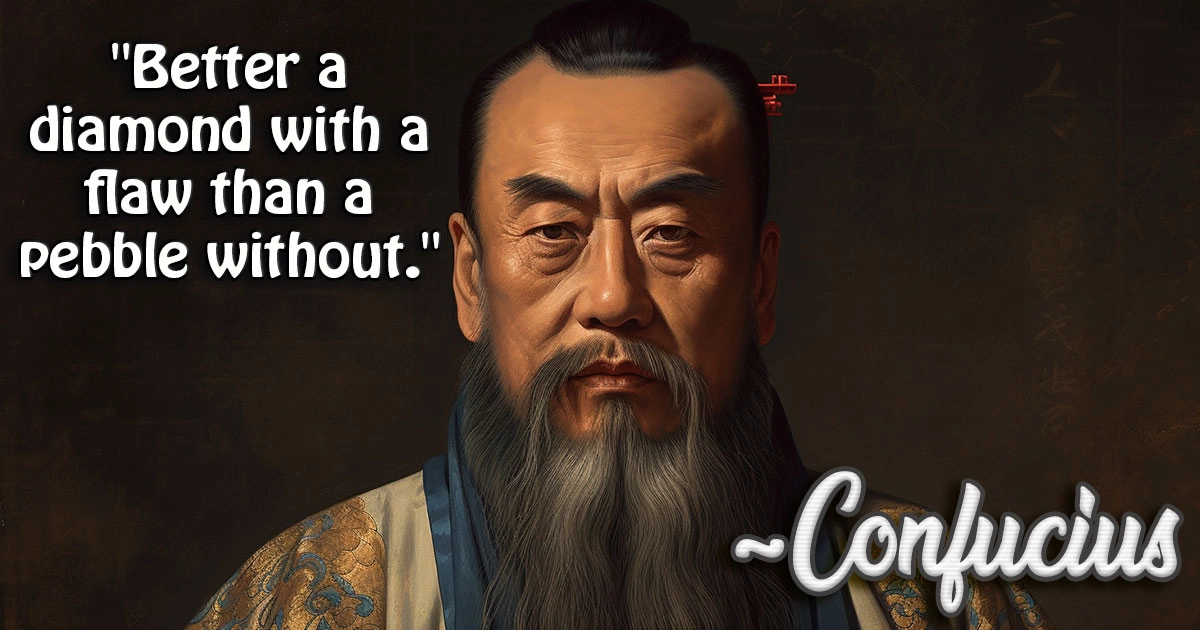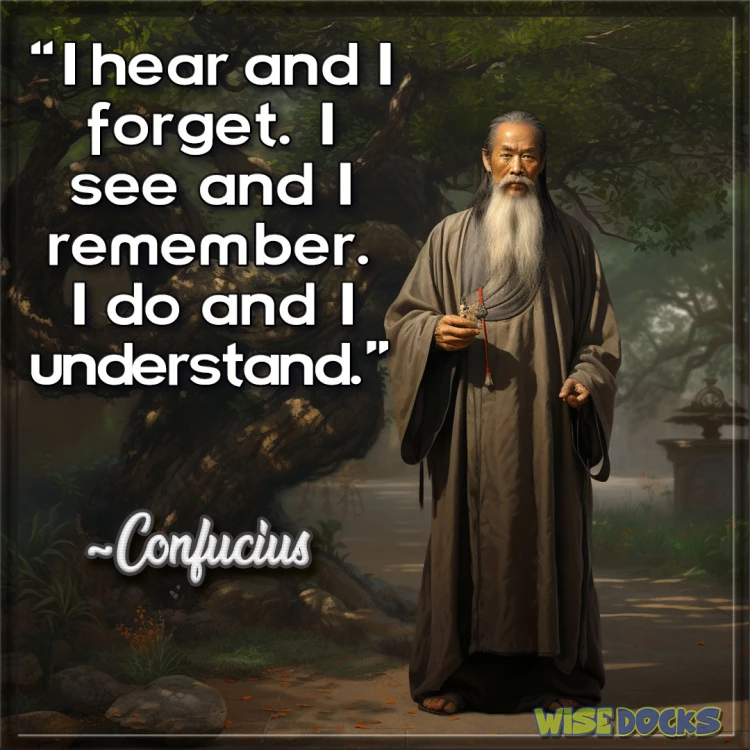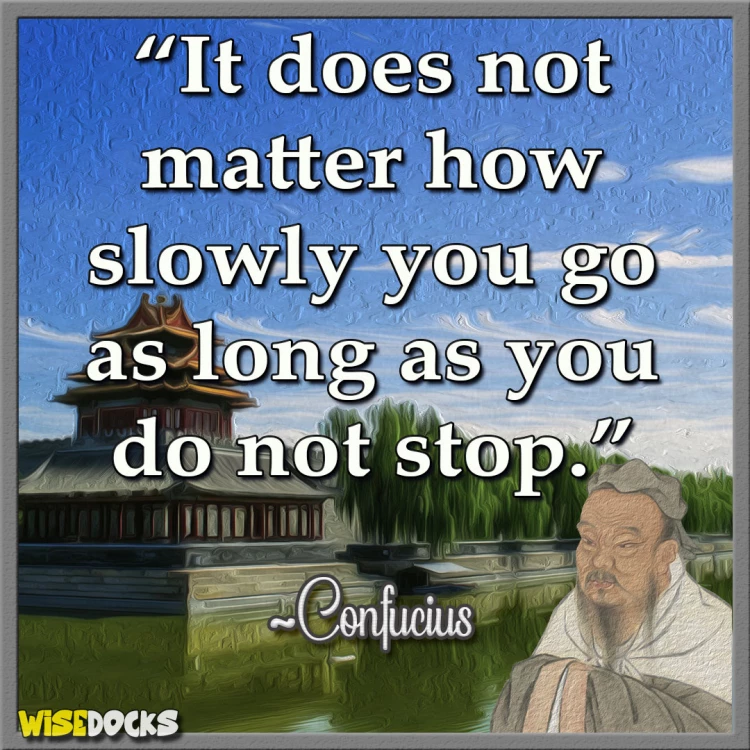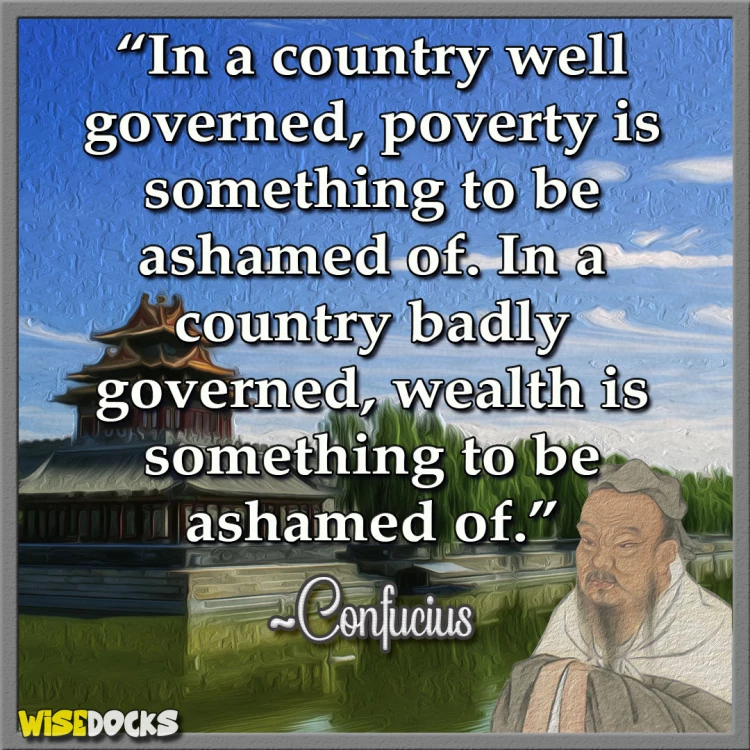Confucius: The Sage of Chinese Philosophy and His Enduring Wisdom

Confucius
Early Life and Background
Confucius, known as Kong Fuzi in Chinese, was born in 551 BCE in the small state of Lu, in what is now Shandong Province, China. His family was of noble descent but had fallen into poverty. Despite their financial struggles, Confucius received a good education, as his mother emphasized the importance of learning and moral integrity.

From a young age, Confucius exhibited a strong desire for knowledge and a deep respect for traditional values. He studied various subjects, including history, poetry, music, and the rites of the Zhou Dynasty. These early influences would shape his later teachings and philosophy.
Early Career and Search for Knowledge
As a young man, Confucius worked in various governmental positions, starting as a clerk and later serving as a local magistrate. His administrative skills and dedication to ethical governance were soon recognized, and he rose through the ranks. However, his primary passion remained the pursuit of wisdom and the betterment of society.
Confucius traveled extensively throughout China, seeking to learn from different cultures and to share his ideas. He gathered a group of devoted disciples who would later become instrumental in spreading his teachings. Despite facing political challenges and periods of exile, Confucius remained steadfast in his commitment to education and moral development.

Teachings and Philosophy
Confucius’s teachings, known as Confucianism, centered around the principles of ethics, family loyalty, respect for elders, and the importance of education. He emphasized the cultivation of virtue and the development of moral character. His famous concept of "Ren" (benevolence or humaneness) highlighted the need for compassion and empathy in human relationships.
Another key aspect of Confucianism was the idea of "Li" (ritual or proper conduct), which stressed the importance of following traditional customs and rituals to maintain social harmony. Confucius believed that a well-ordered society could be achieved through the moral integrity of its leaders and citizens.
Confucius’s teachings were compiled by his disciples into a collection known as the "Analects." This text remains one of the most important sources of his philosophy and provides valuable insights into his thoughts on governance, ethics, and personal conduct.

Later Life and Legacy
Confucius spent his later years teaching and writing, focusing on the refinement of his ideas and their application to society. Although he did not achieve widespread recognition during his lifetime, his influence grew significantly after his death in 479 BCE.
The Han Dynasty (206 BCE – 220 CE) adopted Confucianism as the official state philosophy, solidifying its role in Chinese culture and governance. Confucian principles became deeply embedded in Chinese society, shaping its values, social structures, and educational systems for centuries to come.

Confucius’s legacy extends far beyond China. His teachings have influenced various aspects of East Asian cultures, including Japan, Korea, and Vietnam. Confucianism remains a vital philosophical tradition, offering timeless wisdom on ethics, leadership, and human relationships.
Confucius’s life was a testament to the enduring power of education, morality, and social harmony. His teachings have left an indelible mark on Chinese civilization and continue to inspire people around the world. Through his emphasis on virtue, respect, and the pursuit of knowledge, Confucius provided a blueprint for personal and societal betterment that remains relevant to this day.


